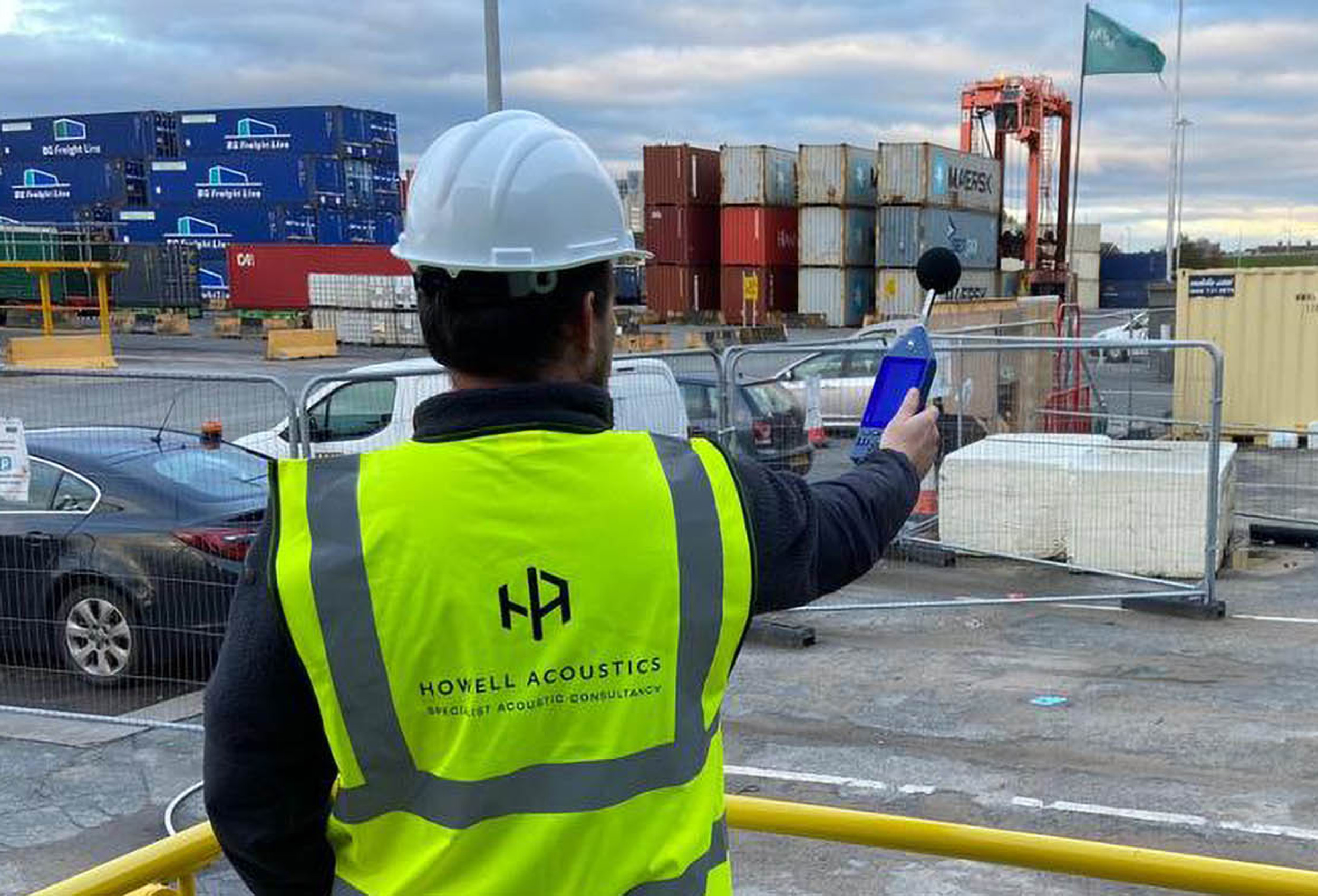When designing any building, be it a residential property, commercial complex, or auditorium, acoustics play a critical role in the overall comfort and functionality of the space. Architects, building owners, and sound engineers often face challenges in achieving optimal sound quality and minimising noise pollution. This is where acoustic consultancy services come into play, providing expertise to ensure that spaces are acoustically sound and meet both regulatory and user expectations.
The Importance of Acoustics in Architectural Design
Acoustics are crucial in architectural design for several reasons. Good acoustics enhance the quality of sound within a space, making environments more comfortable and productive. Whether it’s a corporate office, a lecture hall, or a recording studio, the way sound behaves in these spaces can significantly affect the user experience. Poor acoustics can lead to distractions, fatigue, and even health issues over time.
What Do Acoustic Consultancy Services Offer?
Acoustic consultancy services offer a range of solutions tailored to the unique needs of each building project. These services include:
- Noise Assessment and Control: Identifying and mitigating sources of noise pollution to create quieter, more comfortable environments.
- Room Acoustics Design: Optimising the acoustics of individual rooms to enhance sound quality for various uses, from meetings to musical performances.
- Sound Insulation and Isolation: Ensuring that sound does not travel inappropriately between different areas of a building, thus maintaining privacy and reducing disturbances.
- Vibration Control: Addressing issues related to vibrations that can affect structural integrity and comfort.
- Compliance with Regulations: Ensuring that building projects meet all relevant sound transmission and noise control standards.
Case Studies Highlighting Successful Projects
Project 1: Corporate Office Building
In this project, an acoustic consultancy was engaged to address noise issues in a newly designed corporate office. The consultants identified problematic sources of external noise and recommended the use of specific materials and construction techniques to mitigate these issues. The result was a significant reduction in noise pollution, leading to a more peaceful and productive work environment.
Project 2: Performing Arts Centre
A performing arts centre requires a specialised acoustic design to ensure that both performers and audiences can enjoy the best possible sound experience. Acoustic consultants worked closely with architects and sound engineers to design a space that allowed for optimal sound distribution and clarity. This project showcased how acoustic consultancy can elevate the functionality and appeal of a venue.
The Role of Sound Engineers and Architects in Achieving Optimal Acoustics
Sound engineers and architects must collaborate closely to achieve the best acoustic outcomes. Architects bring their expertise in spatial design, while sound engineers focus on the technical aspects of sound behaviour. This partnership ensures that every element of the design, from materials to layout, contributes to superior acoustics.
Latest Technologies and Trends in Acoustic Design
The field of acoustic design is continuously evolving, with new technologies and trends emerging regularly. Some of the latest advancements include:
- 3D Acoustic Modelling: This technology allows consultants to create detailed simulations of how sound will behave in a space before construction begins.
- Smart Acoustic Materials: Innovative materials that can adapt their properties in response to changing acoustic conditions.
- Integrated Acoustic Systems: Seamlessly incorporating acoustic solutions into other building systems, such as HVAC and lighting, for a more cohesive design.
Benefits for Building Owners
Investing in acoustic consultancy offers numerous advantages for building owners:
- Enhanced Sound Quality: Improved acoustics lead to better sound distribution and clarity, enhancing the user experience.
- Noise Reduction: Effective noise control measures create quieter, more pleasant environments.
- Regulatory Compliance: Consultants help ensure that buildings meet all relevant standards, avoiding potential legal issues.
- Cost Savings: Addressing acoustic issues during the design phase can prevent expensive retrofitting costs later on.
- Increased Property Value: High-quality acoustics can make a property more attractive to potential buyers or tenants.
FAQs on Common Acoustic Issues
Why is acoustic consultancy important in building design?
Acoustic consultancy helps address sound quality and noise control issues, ensuring that spaces are comfortable, functional, and compliant with regulations.
How do acoustic consultants work with architects and engineers?
Acoustic consultants collaborate with architects and engineers to integrate acoustic solutions into the overall design, addressing potential issues early in the project.
What are some common acoustic problems in buildings?
Common issues include excessive noise from external sources, poor sound insulation between rooms, and unwanted vibrations affecting structural integrity.
Can acoustic consultancy services help with existing buildings?
Yes, consultants can assess and improve acoustics in existing structures, providing solutions to enhance sound quality and reduce noise pollution.
Conclusion
In conclusion, acoustic consultancy services are essential for creating spaces that are not only functional but also comfortable and compliant with regulations. By investing in acoustic expertise, architects, building owners, and sound engineers can ensure their projects achieve the highest standards of acoustic excellence.
